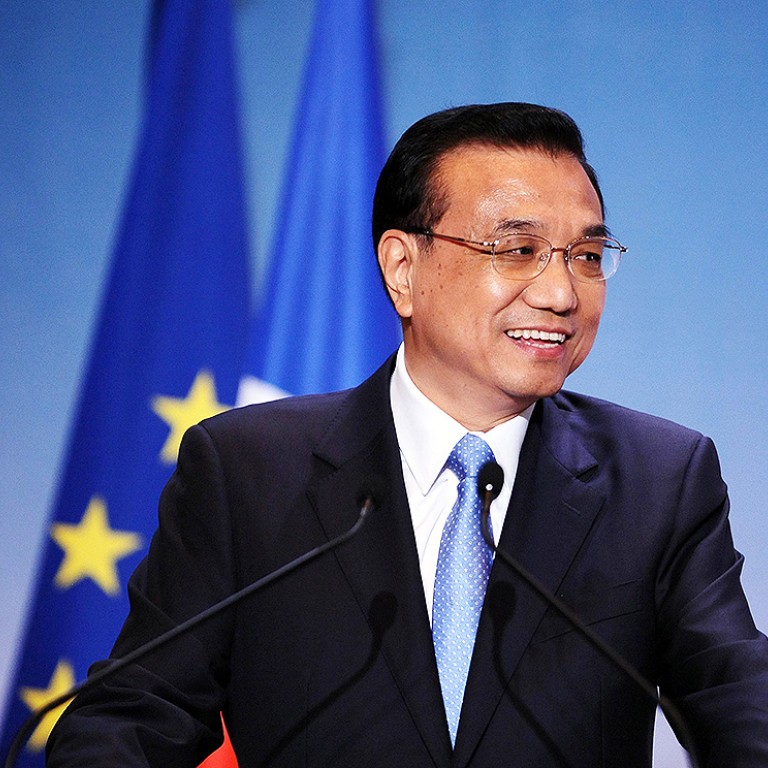
Update | Global economic conditions ‘bewildering’ says Chinese premier, but China on the right track
Beijing to help businesses lower their costs and spur progress in financial leasing sector
China's State Council has vowed to ease the financial burden on some businesses and lower the capital barrier to entry in the financial leasing sector.
After a meeting on Wednesday, the council, the central government's cabinet, said the state would lower some export and import fees for companies, and cut the registered capital financial leasing firms need to set up subsidiaries.
A fund will also be created to support public and private investment partnerships, according to the meeting chaired by Premier Li Keqiang.
On Tuesday, Li said global economic conditions were creating volatility in markets, but that the government had room to innovate and deploy the right tools to meet its economic targets.
At a meeting with Kazakhstan's Deputy Prime Minister Bakytzhan Sagintayev, Li also said there was no basis for continued depreciation in the yuan.
"Global economic conditions remain complicated and bewildering, with substantial market fluctuations, which have affected China's economy," he said.
Even so, the country's economy remained in a "reasonable range", the premier said.
Mizuho Securities chief economist Shen Jianguang said Li's remarks revealed the government's desire to maintain a stable currency amid panic selling on China's stock markets.
"It's clear the government hopes to restore investors' confidence in the yuan exchange rate and that will help stem capital outflows," Shen said.
Shenwan Hongyuan Securities chief economist Li Huiyong said that cutting interest rates and reserve requirements at banks would put more pressure on the yuan to depreciate.
The exchange rate could drop to 6.9 yuan against the US dollar in the next two years, said Li Huiyong. It is now about 6.4 yuan to the dollar.
Shen said the moves were aimed at addressing the economic downturn.
ANZ Banking senior economist Raymond Yeung Yue-ting said the government was concerned about the uncertainty in the global economy, which would affect the currency market and the country's exports.
"The US interest rate hike will put pressure on the renminbi, while weakness in the European economy will likely take a toll on China's exports," he said.

